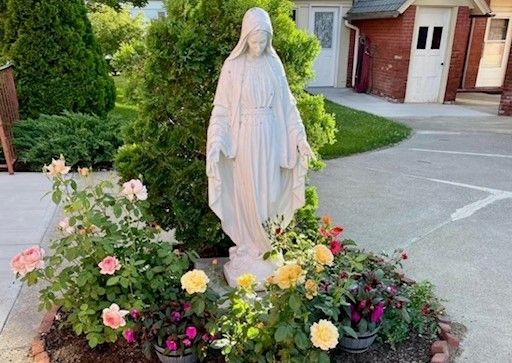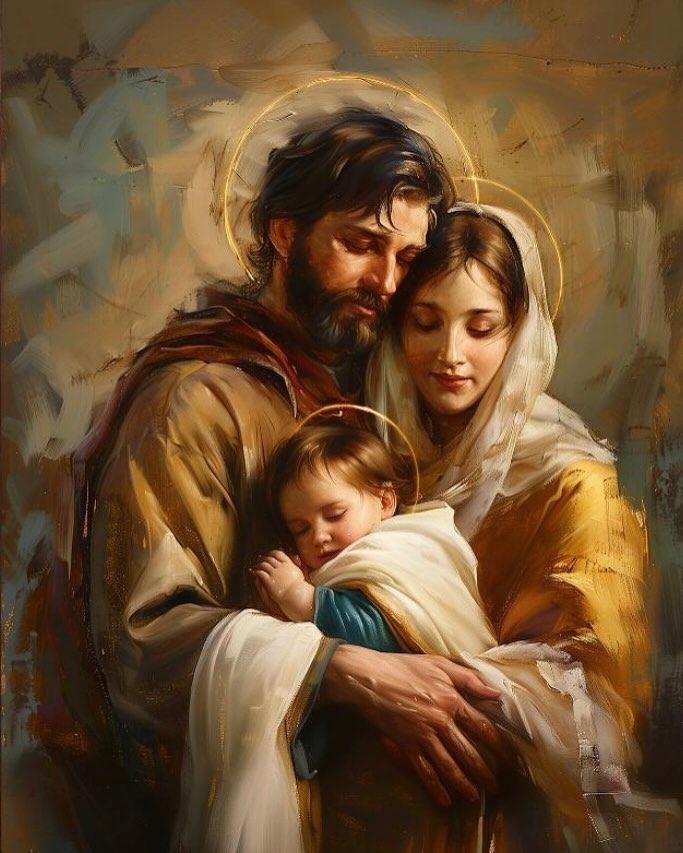Setting the World on Fire
Shrieking in the middle of the night, the smoke detector startled the family awake. Immediately jumping from their bed, the parents yelled for their children to hurry out of the house. Once outside, the parents started counting and discovered that one child was missing. A parent’s worst fear was now realized. Then they saw their son at a second-floor window, trapped by the flames.
The father, a devout church elder, immediately dropped to his knees, praying that God would somehow work to save his son. The mother, too, was a person of deep faith, but also a very practical woman. Immediately, she ran next door, yanked a neighbor’s extension ladder from the garage wall, propped it against her house and rescued her son from the flaming house.
In today’s gospel, Jesus uses some rather graphic imagery to describe his mission. He says he’s got a fire to start, and he can’t wait. He also points out that there is a baptism he must receive. Now, at this point, he’s already been baptized with water by John the Baptist. So, there’s another baptism awaiting him: a baptism by fire. He’s referring to the agony of the cross.
Living in an area tightly controlled by the Roman Empire, where justice was often brutally distributed, Jesus would have seen crucifixions. And so, he knew what kind of death was awaiting him. It was going to be his baptism, or trial, by fire.
And Jesus also knew human nature. He already saw the division that was growing about him and his message. Some were convinced that he was the long-awaited Savior, while others considered him a dangerous heretic and deceiver who was pulling people away from the true faith. The kinds of divisions he describes already existed.
And the same is true in our day. How many parents have come to me, bemoaning the fact that their adult children are not coming to church. The scandal of the sex abuse crisis certainly has had an impact. And we live in a culture that, in many ways, doesn’t support the church or its values. Many will admit that they’re just too busy, and they have too many commitments, to be able to commit themselves to regular participation at Mass.
My belief is that God doesn’t give up on anyone. For everyone, there will come a time when each person, facing a traumatic situation, or the possibility of death, will have to deal with their mortality. In the early days of Christianity there was a deep appreciation for this in that there were statues and other representations of Dismas, the good thief, who at the last moment asked Jesus to remember him when he came into his kingdom, and was reassured that, on that very day, he would be with Jesus in paradise.
So… fire, suffering, division: these have always been a part of life. The question is what do we do about it? It has been said that Christianity is caught, more than it is taught. Pope Paul VI said that the people of our day listen to witnesses more than to teachers, and if they listen to teachers, it is because they are also witnesses.
The best thing we can do is to keep growing in our faith, expanding our ability to continue to love, even when it is difficult. Let the people you love see you living your faith—quietly, humbly, convincingly.
God’s Spirit will be at work at the same time. Remember, on the first Pentecost, when the Spirit descended on the first believers, it was with tongues of fire. That encounter with the Spirit set the disciples on fire, and they began to live their faith with remarkable dedication and courage. As a result, many joined them.
What we are about, ultimately, is God’s work. If we are successful in anything we do, it is because we surrender and respond, hope burning within us with the very fire of God. Let us do our job, living the faith as best we can. And let us trust that God is always doing his job: getting people’s attention, and setting their hearts on fire by the power of his unquenchable love.




